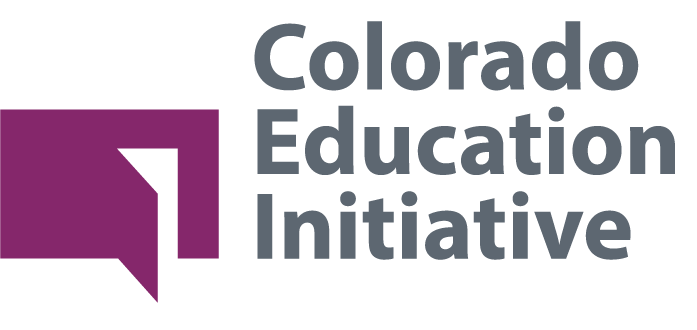Colorado Students Get Ready for the Jobs of the Future
May 7, 2018
May 7, 2018
By Sandra Steiner
Director of Post-Secondary and Workforce Readiness, Westminster Public Schools
All Colorado students deserve to get the support they need to prepare for viable, self-selected careers. They need to feel confident that they can realize their unique potential and be prepared to tackle whatever their future offers; a future that is rapidly changing. Advancements in automation, robotics and artificial intelligence are changing the nature of jobs and ushering in a watershed moment that will redefine the skills and mindset needed for career success. Like the industrial revolution or the rise of the digital age before, changes in the workplace inextricably reverberate in our education system.
Across the state, educators have the opportunity to meet these changes head-on and foster the academic skill development of their students as well as unleash the thrill that comes from working on a problem larger than themselves. To do this, we must recognize the significant workforce changes ahead, and align student competency expectations with performance tied to fast-paced, technology-centered, problem-solving issues of the workplace.
While skeptics of full job automation are many, 72 percent of people surveyed by the Pew Center for Research are worried about robots and computers doing human jobs. In Westminster Public Schools however, we aren’t worried. We see an opportunity to design learning environments that directly engage employers and capitalize on student career interests by enabling them to direct their learning in a way that supports academic, personal, and professional growth to their full potential.
For example, we are shifting how school works and focusing on skills like creativity, integrity, problem-solving, and self-motivation. These are the skills that, according to The Colorado Talent Pipeline Report, are the most common in Colorado job postings. We are having more conversations with local employer partners about the changes in their businesses that impact our students and creating training on-the-job learning opportunities, like apprenticeships, for students.
Inside our classrooms, we support project-based learning and emphasize student demonstrations of mastery (competency) of skills. In the workplace of tomorrow, students will tackle challenges they – and their co-workers and bosses – have never seen before. Project-based learning sets students up to manage these situations effectively because it removes the rigidity and emphasis on memorization of traditional learning. In problem and project-based learning, students are provided problems to solve, but, finding the resources to reach the solution is managed by them. Students are empowered to tap their individual passion, develop critical thinking, and apply creativity to navigate challenges while creating a body of work that showcases their learning. We have also found students often far exceed the ability expectation for their age when the problem is one important to them.
We support career-based learning in the classroom with paths that allow students to personalize how their skills, interests, and talents align with individual professions. In sixth grade, students start exploring the link between their interests and possible careers. A student who likes playing video games and has a strong aptitude for coding can start to explore careers in engineering, IT, and manufacturing. We track that information, revisit it regularly with students to gauge change in interests, and engage them in career learning opportunities tailored to those passions.
This is all possible by creating a connected and seamless path in school that encourages students to think beyond graduation. It’s not enough for students to think just about passing a class or moving to the next grade. As educators, we must create learning environments that cultivate the career preparation students need to be competitive. I invite industry professionals redefining the work of the future and postsecondary leaders looking to reinvent partnerships with high schools to help us prepare our students for the jobs of the future. Together we can support the personal development of our students and ensure they all reach their full potential.
